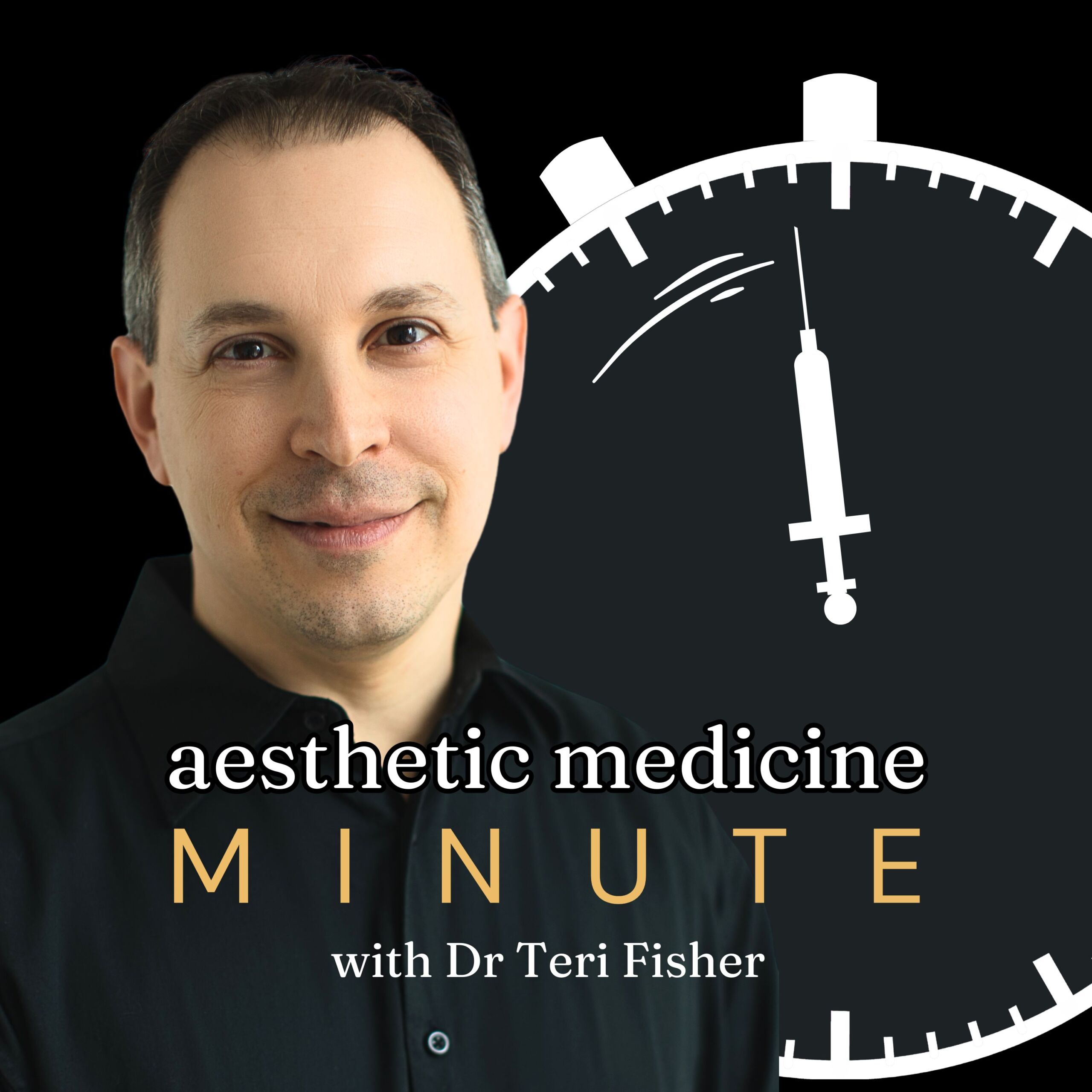
AMM 318: Science vs. Culture: The Battle for Beauty
January 07, 2025
This episode explores the world of facial aesthetics and the debate over whether beauty is defined by science or personal perception. Social media has amplified discussions around facial features, with debates on symmetrical vs. asymmetrical structures and the cultural influences on beauty standards. Dermatologist Dr. Anthony Rossi discusses the balance between objective markers and personal preferences, while psychotherapist Stephanie Sarkis highlights the potential psychological impact of focusing too much on ‘objective’ beauty. Listeners are encouraged to appreciate uniqueness beyond algorithms and filters.
Quick Takes
- Social media platforms like TikTok and YouTube are platforms for discussions on facial features and attractiveness
- The debate on beauty being dictated by science or the eye of the beholder is multifaceted, involving objective markers, cultural standards, and personal preferences
- Psychotherapist Stephanie Sarkis warns of psychological impacts like body dysmorphia from an overemphasis on supposed ‘objective’ beauty and urges reflection on deeper self-esteem issues
Episode Transcript
Today is January 7th, and we’re diving into the age-old debate—whether beauty is in the eye of the beholder or dictated by science. This discussion is alive and well, especially online.
Social media platforms like TikTok and YouTube have become hotbeds for discussions on facial features, with channels such as QOVES Studio breaking down what they claim are scientific markers of attractiveness. Yet, Dr. Anthony Rossi, a dermatologist and surgeon, challenges the notion of beauty being purely scientific. He suggests that while some aspects are objectively measured, the real story lies in a combination of objective markers, cultural standards, and personal preferences.
Behind the scenes, discussions around symmetrical vs. asymmetrical facial structures continue. Dr. Rossi highlights that even the world’s most beautiful faces often harbor asymmetries. He points to cultural influences, such as ideals drawn from ancient Greek and Roman art, as shaping Western beauty standards, which might not resonate across all ethnicities.
Given our society’s visual culture, psychotherapist Stephanie Sarkis observes a natural gravitation towards discussions of looks. However, she warns about the potential psychological impacts, such as body dysmorphia, stemming from an overemphasis on supposed ‘objective’ beauty. Her advice is prudent—before rushing to AI for a beauty score, consider if this quest may reflect deeper self-esteem issues.
Remember, beauty is multifaceted, and no algorithm or filter can capture the full picture. Until next time, take care and embrace what makes you uniquely you!
